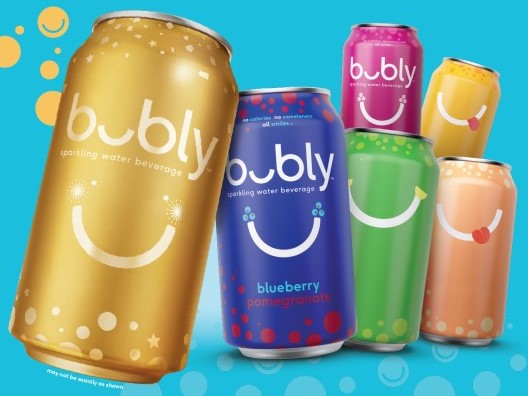“It’s more fun to be a pirate than join the navy.” –Apple retreat, 1982
Steve Jobs was a modern day pirate whose beautifully designed ships outmanoeuvred his enemy regardless of the odds. With the Mac he maintained a premium brand and escaped a sea of PC sameness, with iPod he pillaged Sony Walkman, with iTunes he sunk the music retail industry. The iPhone is sailing past RIM, Apple Stores have had lineups while others had constant promotions and even technology powerhouse Hewlett-Packard flew the white flag when it realized the consumers’ obsession with the iPad.
Jobs wasn’t just a pirate defeating tech giants; on his watch he traded a handful of films for the largest individual shareholder position at Disney. He acquired Pixar from George Lucas in 1986 for $5 million and 20 years later he sold it to Walt Disney for $7.4 billion. Once again he redefined the category, focusing on consumers’ insatiable appetite for amazing stories. Pixar never compromised on its quest for the perfect tale, using computers rather than hand-painted cells to bring cartoon characters to life. The company’s reward, beyond critical acclaim, was a $602 million average gross, by far the highest of any studio in history. Disney owned distribution rights to the first five films, and Jobs knew that when that contract was about to expire, Disney’s shares would take a hit while Pixar would soar. So he leveraged Pixar’s handful of films against Disney’s studios, theme parks, cruise ships and retail to create a merger.
I think there is a pirate inside us all, but because of the way we’re taught or our natural bias for safety over risk, we tend to look for a safe harbour. I wish we could bottle Job’s fearlessness, his belief that imagination and design can win over scale.
“I would trade all of my technology for an afternoon with Socrates.” –Newsweek, Oct. 29, 2001
Jobs didn’t have a traditional childhood. Adopted by a middle-class family, Jobs shunned traditional norms, and although considered brilliant, he dropped out of university, travelling to India for spirtual enlightenment. He came back as a Buddhist with a shaved head, and entered a phase of experimentation with LSD, which he described as one of the most important things he’d done in his life.
It’s no wonder his ideal afternoon would have been with Socrates, who encouraged humans to focus on higher goals and on the collective power of their community versus the individual.
I think Socrates would have approved of Jobs and the Apple community. He was never in it for the money. From day one, even when Apple was isolated and virtually bankrupt by a tsunami of Microsoft-powered computers, to today, when they stand tall, he created a community based on being contrarian, David versus Goliath, bound together by values and a love for Apple products.
“It’s really hard to design products by focus groups. A lot of times, people don’t know what they want until you show it to them.” –Businessweek, May 1998
There were dozens of MP3 players on the market and Sony owned portable music when Jobs unveiled the iPod on Oct. 23, 2001. Focus groups would have demanded the same bells and whistles Apple’s competitors were known for – Dolby sound reduction, enhanced bass. Jobs couldn’t care less. His focus was on the user interface, making technology transparent and the end game of putting “1,000 songs in your pocket.”
In 2003, he launched the iTunes Music Store, which ultimately became a springboard for download domination and the recurring revenue model that has helped put almost $100 billion on Apple’s balance sheet.
If I had a magic wand and led their design team, the next Apple product would be an iFridge, with apps to manage my family’s nutritional needs, recipes, cooking lessons and an automatic RFID scanner to enable the ordering of all my household items from iGroceries, complete with coupons automatically deducted.
We will miss you, Steve Jobs. We’ll miss your courage to imagine, harness and redefine, to lead the consumer and seize any market you desired. You embodied the golden age of capitalism, which was built on innovation vs. imitation, investment vs. cost cutting, and the needs of the consumer vs. the quarterly balance sheet. Let’s hope all of this can be downloaded onto the next generation.
Tony Chapman is the founder and president of Capital C, an international award-winning advertising agency.
























